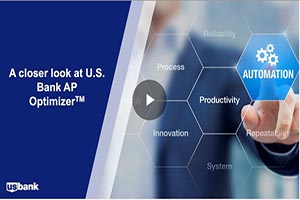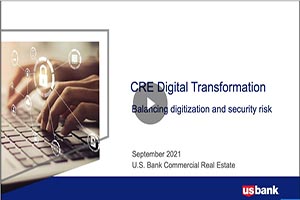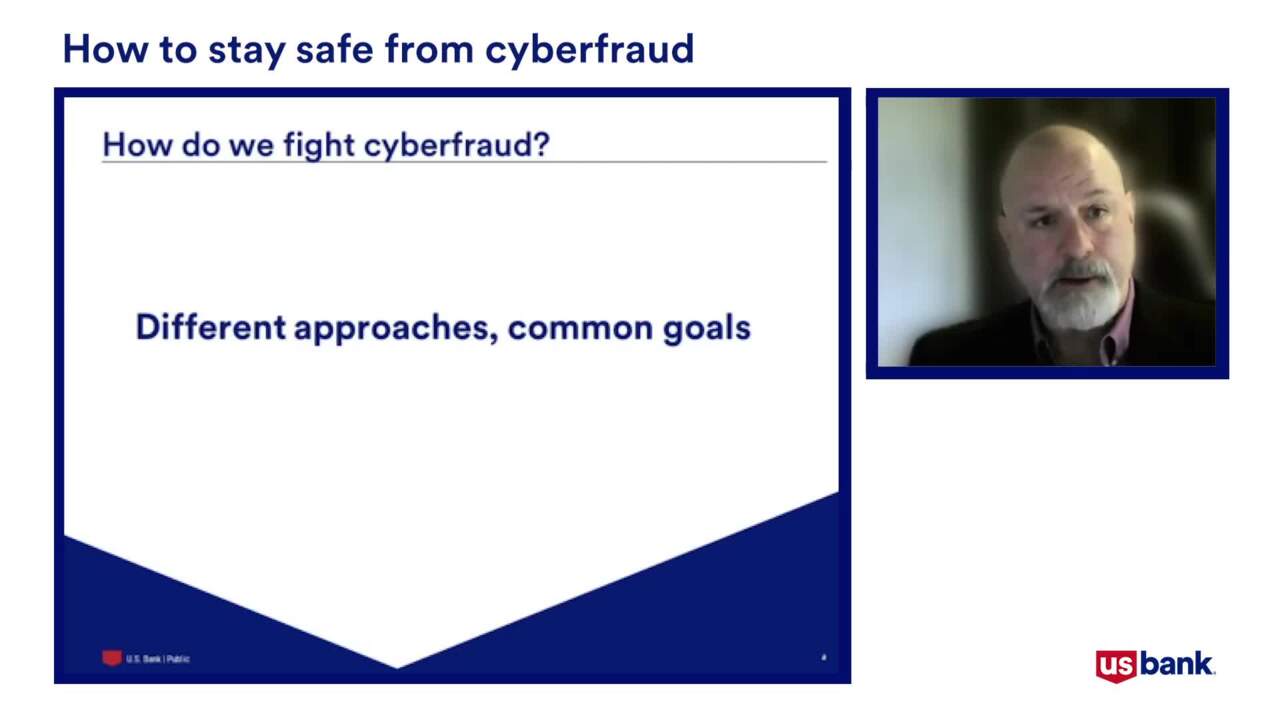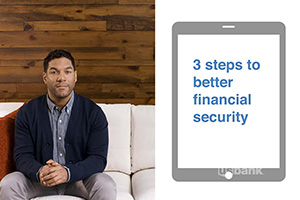One of today’s most serious scams uses your bank account to aid criminals. Here’s a crash course on money mule scams, including what they are and how to recognize them.
Many of us have fallen for a scam before. Perhaps you clicked a phony email link or gave your information to the wrong person. If you’re lucky, the experience was resolved quickly with minimal personal cost. Unfortunately, one increasingly common scam has steep legal and financial consequences for everyone involved. Becoming a money mule, unwittingly or not, could have serious consequences such as a variety of legal issues, fines and fees, possible incarceration and the potential to permanently damage your financial standing.
So how can you avoid becoming the victim of money muling? Here’s what you need to know.
What is money muling?
Money mule scams are typically disguised as job opportunities. They promise a fast and easy way to earn money. You simply provide your bank account information and let money be transferred into your account. Then you move the money out of your account for a commission. Sounds great, right?
In reality, these “jobs” use you and your bank account to move illegally obtained funds through the financial system. Anyone engaging in this activity acts as a “money mule.” Criminals recruit money mules – unwitting or not – to help them transfer funds without detection by law enforcement. They move money from account to account, eventually using it to fund more crime.
- Criminal gets money: Criminals obtain money through illegal activity, often through cybercrimes like phishing emails and malware attacks.
- Money laundering: Money is hidden in the financial system in a variety of ways. Money mules help transfer money between payment accounts.
- Criminal activity: Money is used to fund human trafficking, drugs, terrorism and other crimes.
How money mules are recruited
As technology evolves, money mule scams take on a growing variety of forms. Criminals may try to recruit you in any of the following ways:
- Emails
- Social media messages
- Fraudulent job advertisements
- Fake online posts
- Instant messaging posts
- Direct communication
How to recognize a money mule scam
Criminals go to great lengths to pass as legitimate, sometimes even copying the website of real companies and creating similar URLs. Be on the lookout for these warning signs:
- The job claims you can earn a significant amount of money for minimal effort.
- No matter what the specifics are, your bank account information is needed to move money.
- You’re asked to work as local representative for an overseas company. They may ask for an “agent” to help them avoid transaction charges or local taxes.
- The job description lacks details.
- No experience or education is required.
- All work is done online.
- Emails have awkward writing with poorly constructed sentences and bad grammar.
- Email is from a web-based server like Yahoo!, Windows Live Hotmail or Gmail.
Protect yourself
Always be skeptical of opportunities that seem too good to be true. Do your research about companies before accepting a job or giving out your personal information.
- Be cautious of unsolicited emails and social posts.
- Verify company information online or give them a call.
- Double check job offers from overseas companies.
- Never give your bank account information.
Learn more about money muling
Want additional facts and insights? Access more information about money muling and other common scams:
- Europol money muling awareness and prevention
- FBI scams and safety
Get more tips to help spot and prevent financial fraud.









































